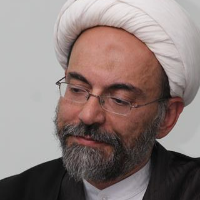Hierarchical Ethics from the Perspective of Mystics; Highlighting Ibn Arabi's Perspective
Hierarchical Ethics, refers to an ethical framework that considers specific obligations, prohibitions, virtues, and vices for different ranks and classes of individuals. It recognizes certain qualities and traits as virtuous for some individuals based on their varying capacities and the dignity and status of each person, while considering them as vices for others. Consequently, a quality or trait may be considered ethical for an individual in a particular rank but unethical for another individual in a higher rank. Mystics, as proponents of virtue ethics, believe that the value of actions and traits stems from goodness and excellence associated with specific behavior and conduct. However, they also take into account the capacities of individuals and consider the hierarchical structure significant in ethics. This article first explores the foundations and principles of graded and Hierarchical ethics from the perspective of Ibn Arabi, and then discusses examples of mystical ranks and levels, as well as virtues and ethical traits.
-
Analytical Examination of Neo-Mu'tazilite Theories: Insights from the Thought of Muhammad Abed Al-Jabri and Implications for Religious Education
Hossein Abdullahzadeh Homirani, Babak Shamshiri *, , Mohammadjafar Mahalati
Foundations of Education, -
The rule of Mafarugh and Mustanef and its role in esoteric interpreting, understanding and summarizing the divine verses(from Abdul Karim Shahrashtani's point of view)
*
Journal of Quran Interpretation Stusies,



